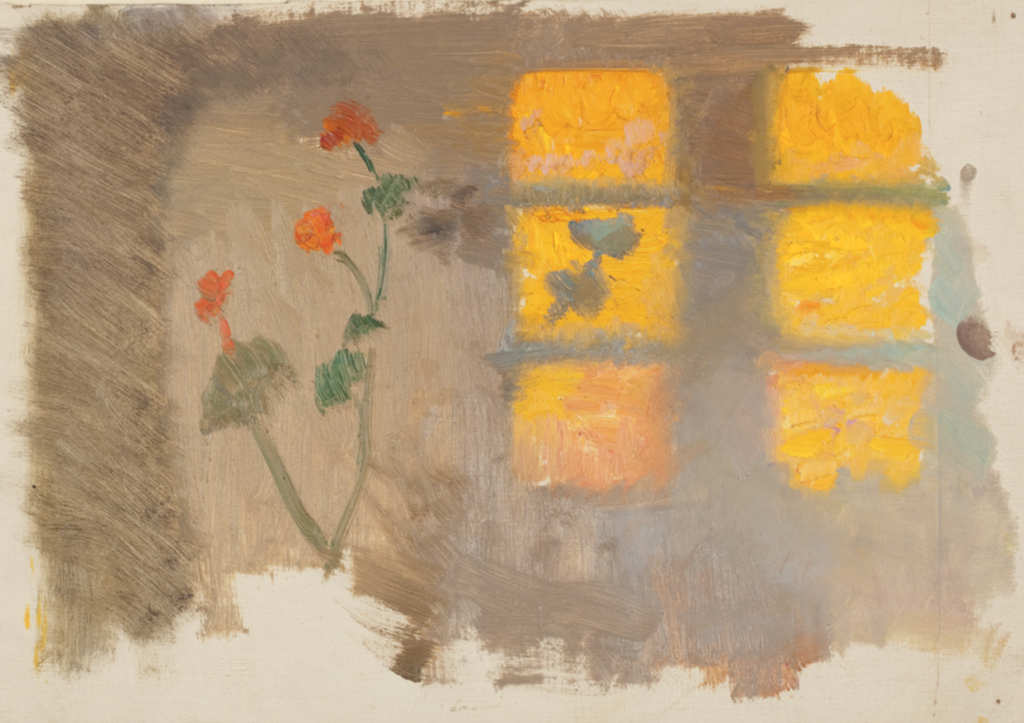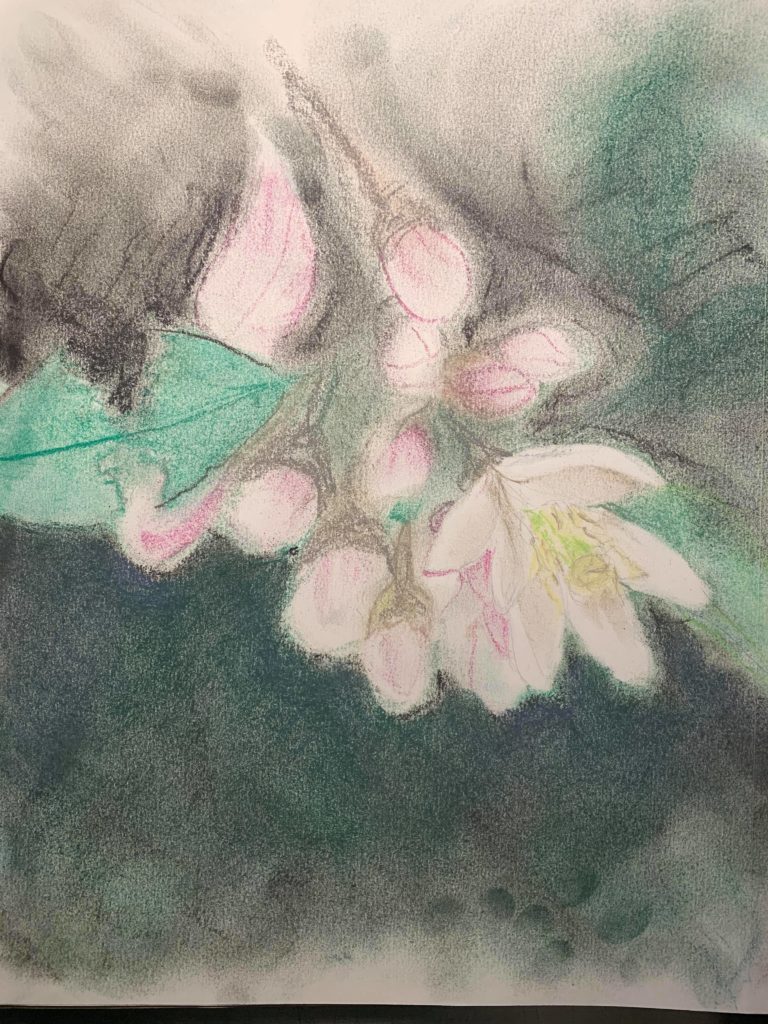“Immersed in this nature which made us and which directs us, we are not homeless beings suspended between two worlds, parts of but only partly belonging to nature, with a longing for something else. No: we are home.
Nature is home, and in nature we are at home.
Here, on the edge of what we know, in contact with the ocean of the unknown, shines the mystery and beauty of the world. And it’s breath-taking”.
Carlo Rovelli
In a recent conversation with a colleague, where we were talking about trust, forgiveness and other things therapists like to talk about, out of my mouth came a sentence that went something like: “Cultivating awe and respect for nature – and then coming to understand that I was part of the same nature which I so love – has allowed me to finally feel at home in my life”. It reads like a pretentious sentence, I know, but woven into it is one of the skull keys to a life well lived.

Like most of us, I was taught that life was supposed to unfold in a linear fashion tending towards growth and self-realization. Although this can be true, it is not as simple or as passive a process as it is made out to be. Most of us end up with the idea that life is supposed to unfold in somewhat of a straight arrow upwards, and that the markers for growth and health look something like: School, high school, university, master’s degree, job, romance, mortgage, marriage, children, promotion, retirement with a pension fund and a dog (or some variant of this depending on where you were raised). When things don’t quite work out that way we might believe that there is something that we must be doing wrong, or worse still there is something that must be wrong with us.
This blueprint for life and personal growth is very restrictive and doesn’t allow for the variety and depth of what a human experience can be. One of the offshoots of this model for living is that we start to believe that meeting these goal posts is how we confirm we are functional and valuable members of society. And if at any point you don’t hit those markers then the safety and belonging that comes from being in tune with society’s ideals is threatened. The markers that we have for social approval today are inflexible and excluding at best; it is not surprising that so many people come to my office emotionally exhausted and depleted.
It seems to me, that a more suited blueprint for navigating growth would be one inspired by nature. (We forget that we belong to and are of nature; living in natural bodies with natural needs and wants). Nature works not lineally but cyclically, not in binaries and opposites but in spirals of complementarity. A nature-informed model for what it means to be a healthy person might show growth and healthy functioning as less of an upward arrow and more of a widening spiral.
There is a lot to be said about associating ourselves with nature: We intuitively know that natural things such as animals and plants have a tendency towards growth, and that there is for example no wrong way to be cat. You would never look at a cat and declare “this is the wrong way of cat-ing, you are being a cat incorrectly”.
We intuitively know there is no wrong way of being a tree, or a dog, or an amoeba. Imagine if we were enjoying a beautiful sunset but instead of appreciating its unique beauty I insisted that the purple hue in the bottom left corner needed to be different, and although the pink of the clouds was very pretty it could do with being brighter. You intuitively know that a tree does not need to deserve to grow, nor does a flower need to deserve to bloom. You know that the question of deserving to exist is somewhat of an irrelevant question for things in nature. So, seeing as we are one of those things in nature why insist on forgetting all those things you know to be true and choose instead to layer yourself in shame and guilt about who you are (a being in nature who is always in the process of learning and growing with cycles and needs same as all the others).
Could it be that the question of whether or not you deserve to flourish is equally as irrelevant for you as it is for a tree?
Another thing we all know intuitively about nature is that when a natural thing is not flourishing, we are to look to its surroundings to see which of its needs are not being met. If you know anything about natural things you wouldn’t blame a tree for drying out but instead enquire about whether its getting enough water. In the same manner but on a more nuanced level you would not blame a dog for being shy or even aggressive; you would question what kind of upbringing it had and how it might have been treated in the past. So, as a natural thing yourself, why not apply the same logic? Grow and flourish because that is your nature and if you are wilting or drying out, look to which of your needs are not being met and or what in your life might be impeding your ability to do so.
Similarly, that we suffer is not a personal failing but also part of the natural cycles of life. All living things are programmed to seek well-being and avoid pain; plants grow towards the light and even a simple amoeba will gravitate towards nutrition. We are no different.

What if a lot (if not most) of our actions are attempts to fulfil these imperatives? Ironically, even our more destructive impulses are the result of our longing to seek well-being. Take for example, when someone jeopardizes their livelihood or relationships through addiction, often its because on some level they are convinced that surrendering to their craving is how they will avoid pain. The difficulty lies in that none of us can avoid pain; pain is part of a healthy life, and, in my opinion, the social and cultural narratives that suggest otherwise are actually impeding our growth and causing significant unnecessary suffering. The algorithm for this looks something like:
Suffering = pain + resistance
In my own life I have found over and over that re-framing our relationship to pain and suffering is one of the primary skills required for personal wellbeing and flourishing. Not doing so is a little like rejecting the soil when it is precisely everything that is happening underground that is sustaining growth aboveground.
Moving away from the ideal of pain-free linear growth will significantly minimise the shame and guilt associated with the unavoidable shadow experiences of life. Sometimes, pain and discomfort are the prerequisites for growth. Sometimes, when things are not working it is not because we are failing at life, but simply a signal that something needs to change.
Perhaps all pain is a lesson on how to better belong to your life, in which case therapy could be interpreted as the art of learning lessons.
